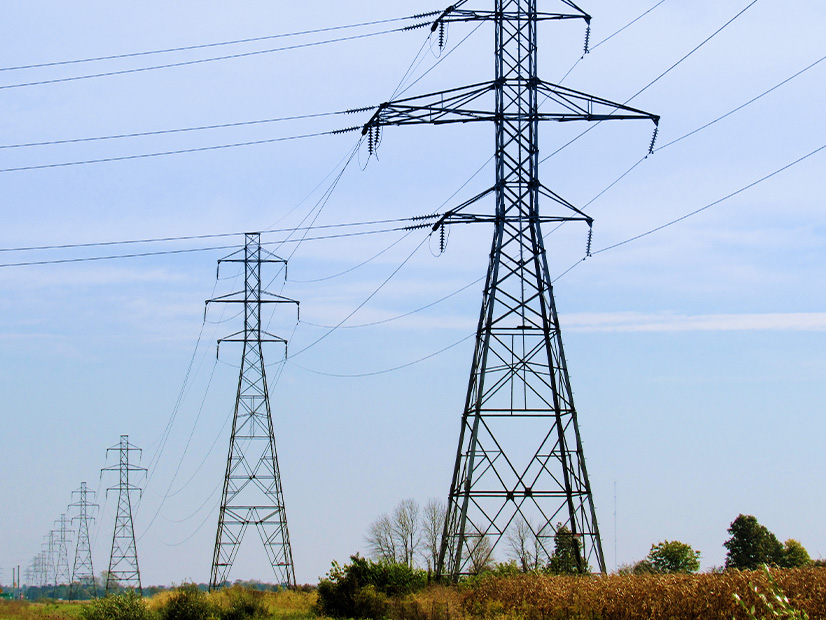ISO-NE repeated a familiar refrain on Wednesday while presenting its initial take on FERC’s interconnection Notice of Proposed Rulemaking: give us flexibility and make sure our region’s particular needs can be met.
The rulemaking is intended to help free up what FERC commissioners see as a backlog slowing the development of new generation and in turn threatening reliability. (See FERC Proposes Interconnection Process Overhaul).
But in a presentation to NEPOOL’s Transmission Committee on Wednesday, ISO-NE made clear that it sees its own interconnection challenges as less daunting than what some of the other, larger RTOs are facing.
“New England does not currently suffer interconnection queue backlogs to the same extent as other regions,” said Al McBride, the grid operator’s director of transmission strategy and services.
ISO-NE is still readying its formal comments, but in the preliminary ideas presented to stakeholders, McBride emphasized that the proposed changes to the interconnection process for RTOs are “expansive” and would involve trade-offs about how grid operators spend their time.
In recent years, McBride noted, ISO-NE has integrated its interconnection planning with the Forward Capacity Market, launched the Elective Transmission Upgrades project, and adopted clustering procedures which let projects be evaluated together.
Those changes shouldn’t be overwritten by whatever comes out of the NOPR, the grid operator is arguing.
“It will be important to explain that it will be preferable to retain some aspects of these enhancements under allowances for regional differences, which is consistent with the NOPR,” McBride said in his presentation.
For example, the NOPR calls for a new cluster study process, which in some ways clashes with what ISO-NE is already doing.
Another point of the NOPR, which is likely to be among its most contentious, is that the proposed rule would carry with it new firm deadlines for interconnection studies and penalties for transmission providers if they aren’t met. Those new features would replace the existing “reasonable efforts” standards.
ISO-NE is wary of the proposed new penalties for several reasons: McBride warned that adding a punishment could introduce the potential for litigation or administrative processes that could distract and divert resources away from conducting the actual studies at the heart of the interconnection process.
And he also noted that sometimes delays aren’t the fault of ISO-NE.
The deadline for comments to FERC on the NOPR is Oct. 13, with reply comments due on Nov. 14.
NEPOOL counsel also published draft stakeholder comments on the NOPR last week, with the theme the same: allow for flexibility.
“NEPOOL urges the Commission to allow for variations from the pro forma procedures and agreements in any ISO/RTO compliance with and implementation of the final rule, to the extent justified under the independent entity variation standard,” the comments read.



